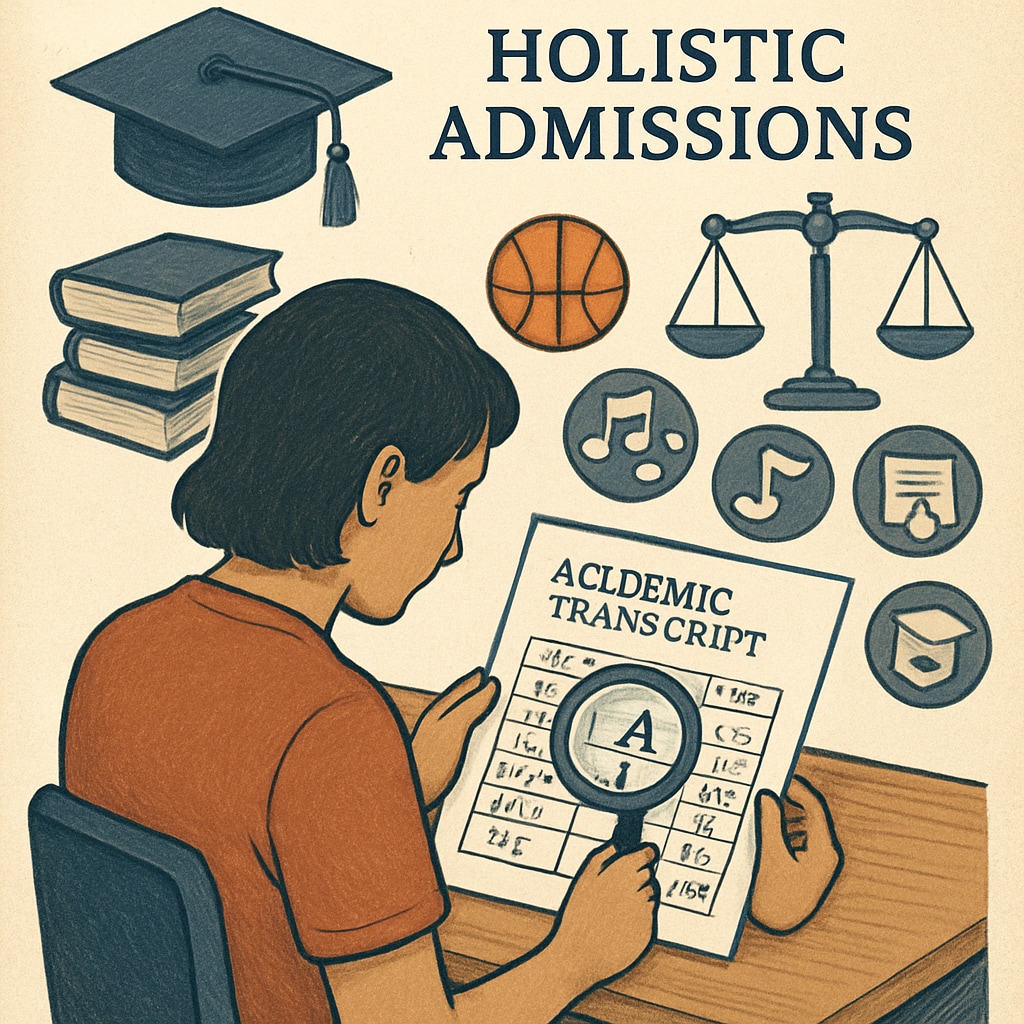Applying to Harvard University is a dream for countless students worldwide. However, the question often arises: does a low score in one subject ruin your chances? The answer lies in understanding Harvard’s admissions standards and their emphasis on holistic evaluation. This article delves into the potential impact of a single low grade, the philosophy behind elite university admissions, and practical strategies to address academic weaknesses.
Do Single-Subject Low Scores Define Your Application?
When considering applications, Harvard and other elite universities prioritize a comprehensive review process. While a low score in one subject might raise concerns, admissions committees assess far more than just grades. They examine extracurricular activities, leadership qualities, personal essays, recommendation letters, and standardized test scores to create a full picture of the applicant.
For example, a student with a lower grade in math but exceptional achievements in science, an impressive community service record, and a compelling personal essay may still stand out as a strong candidate. Harvard seeks individuals who contribute to their campus in diverse ways rather than focusing narrowly on academic perfection.

The Philosophy Behind Holistic Evaluation
Harvard’s admissions philosophy is rooted in holistic evaluation, meaning they consider the entirety of an applicant’s profile. According to the official website for Harvard admissions, the committee looks for characteristics such as intellectual curiosity, personal growth, and a commitment to community.
Elite institutions believe that no single metric—whether GPA, SAT score, or individual grades—can fully capture a student’s potential. This approach allows applicants with diverse strengths to compete, even if one academic area is weaker.
However, it is important to note that a consistently low performance or lack of effort in multiple subjects could raise red flags and impact your chances negatively. Demonstrating growth and resilience can mitigate concerns surrounding a single low score.

Practical Strategies for Applicants Facing Academic Weaknesses
For students worried about how a low score may affect their Harvard application, there are several strategies to enhance their overall profile:
- Highlight your strengths: Use your application to emphasize your accomplishments in other areas. Showcase awards, leadership roles, or unique experiences that reflect your abilities and character.
- Address the weakness: If appropriate, explain the circumstances behind the low score in your application. A thoughtful approach can demonstrate maturity and self-awareness.
- Provide evidence of improvement: Show how you’ve worked to overcome academic challenges by displaying a trend of improvement in your grades or pursuing additional coursework in the subject.
- Leverage recommendation letters: Ask teachers or mentors to highlight your resilience, work ethic, or contributions beyond academics.
- Craft a compelling personal essay: Use your essay to tell a story that reveals your unique qualities, passions, and aspirations.
By implementing these strategies, applicants can redirect focus from a single grade and present themselves as well-rounded individuals capable of thriving at an elite institution like Harvard.
Final Thoughts: Low Scores and Harvard Dreams
A low score in one subject does not automatically disqualify you from Harvard University. Admissions committees value the whole person and consider context when evaluating applications. While academic excellence is important, so are qualities such as resilience, leadership, and a commitment to making a positive impact.
Applicants should focus on building a strong, balanced application that reflects their individual strengths and addresses weaknesses thoughtfully. With the right strategy, even a minor academic setback can become an opportunity to demonstrate growth and character.
Strive for excellence, but remember: your unique story matters more than perfection.
Readability guidance: This article uses short paragraphs, lists for clarity, and consistent transitions to enhance readability. Strategies for addressing weaknesses are presented in actionable steps, ensuring a practical approach.


